Omar Sayfo, a senior researcher at the Hungarian Migration Research Institute has examined the social background to the riots in France. Sayfo recalled that last Tuesday, a 38-year-old motorcycle policeman shot and killed 17-year-old Nahel M. during a traffic stop. The policeman is under investigation on suspicion of manslaughter. President Emmanuel Macron called the incident unforgivable, but even that was not enough to quell the anger. Clashes started in Paris and spread to other parts of the country. The wave of violence has been going on for more than a week.
The expert recalled that demonstrations like the one in France had become a regular occurrence since the second half of the 1990s. The first really serious nationwide demonstration, however, took place in 2005, after two migrants fleeing from police officers died in a transformer house.
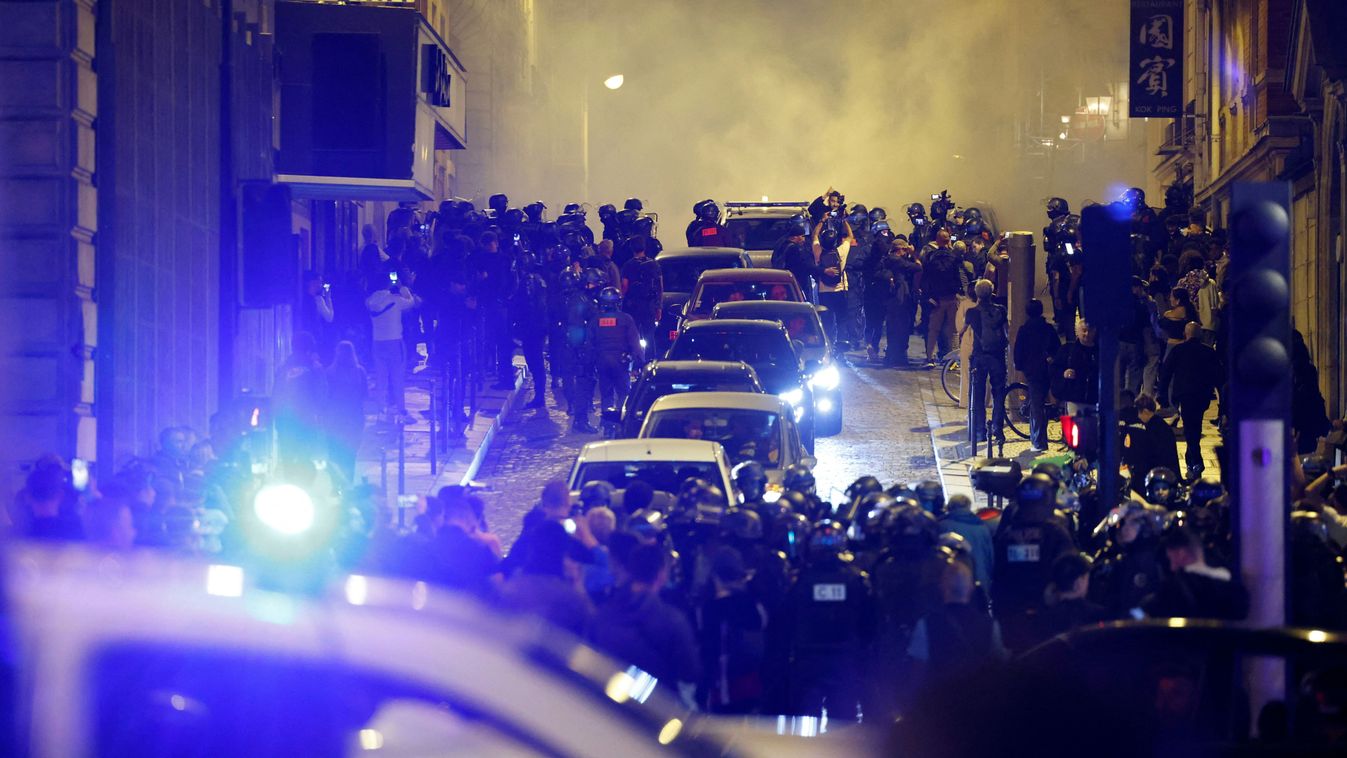
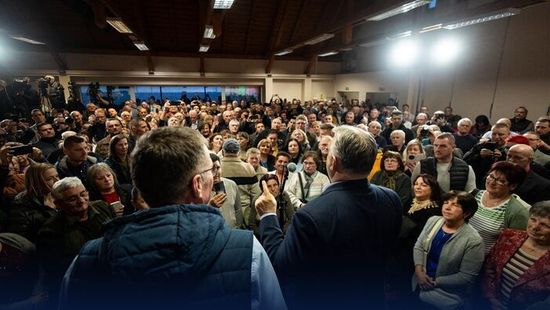
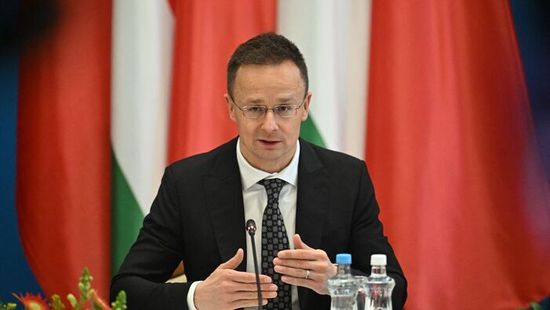
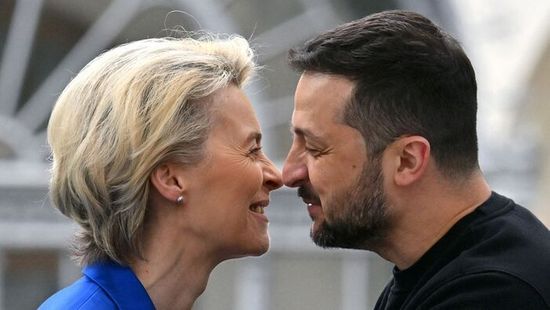
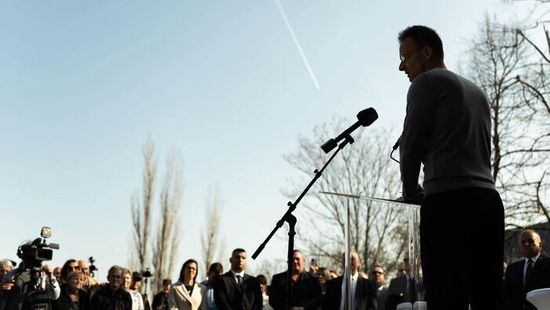


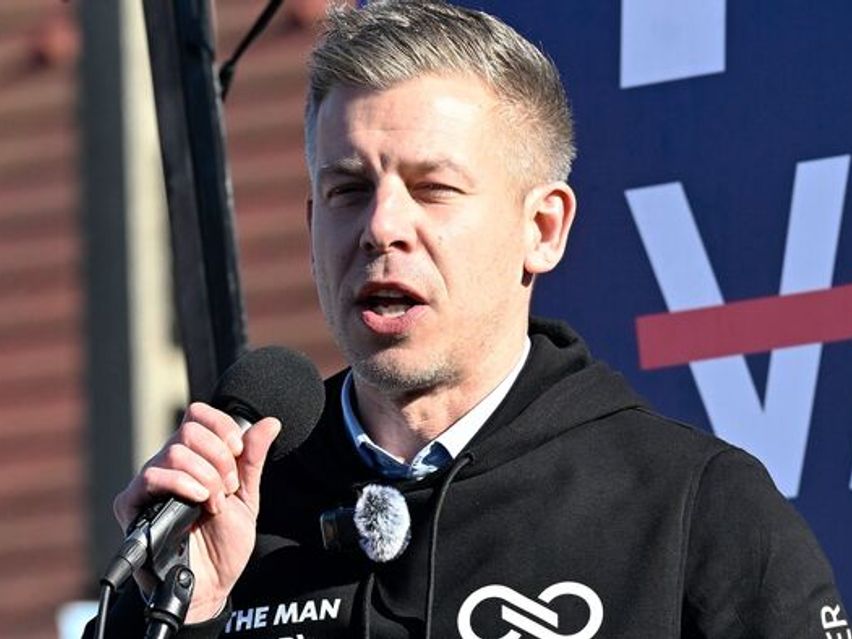
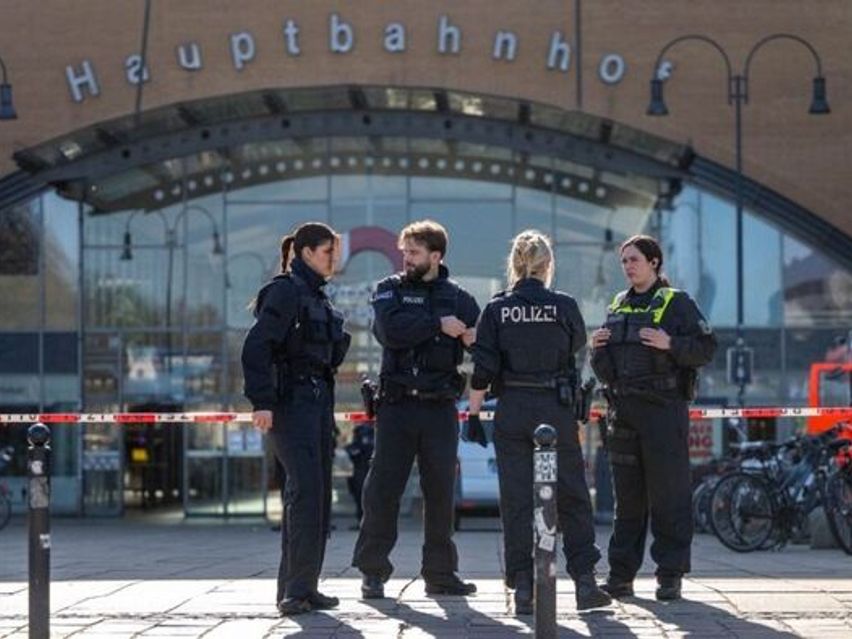
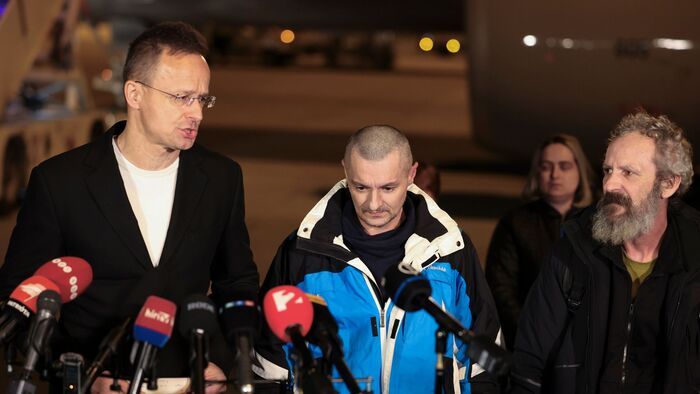

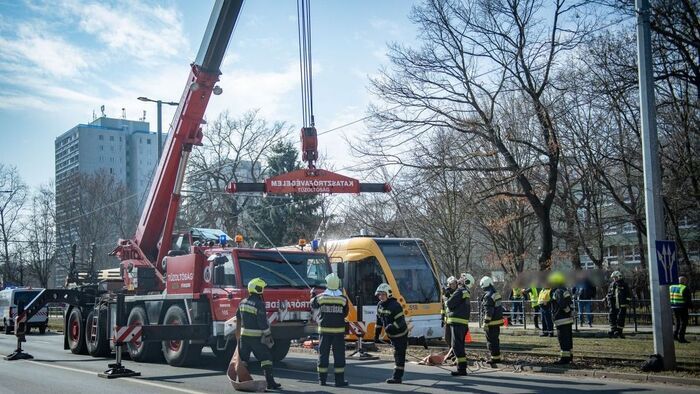


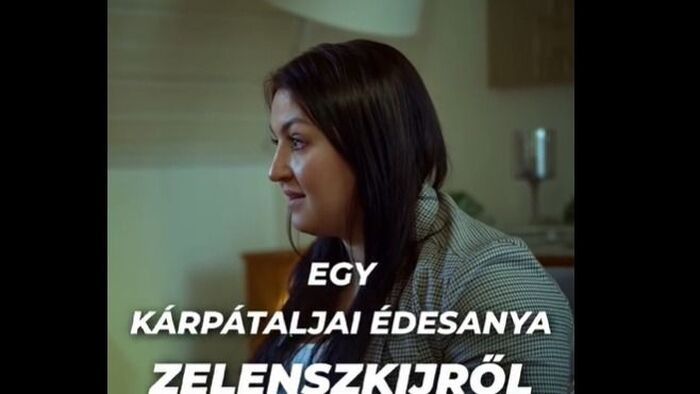

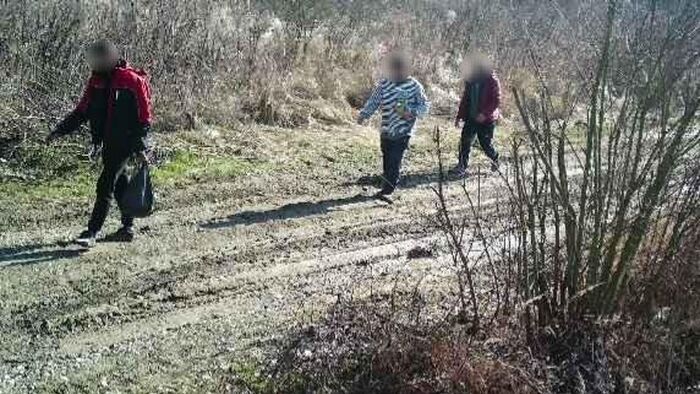


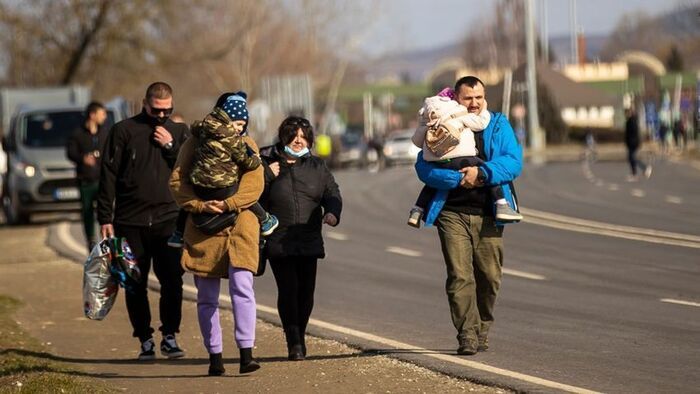
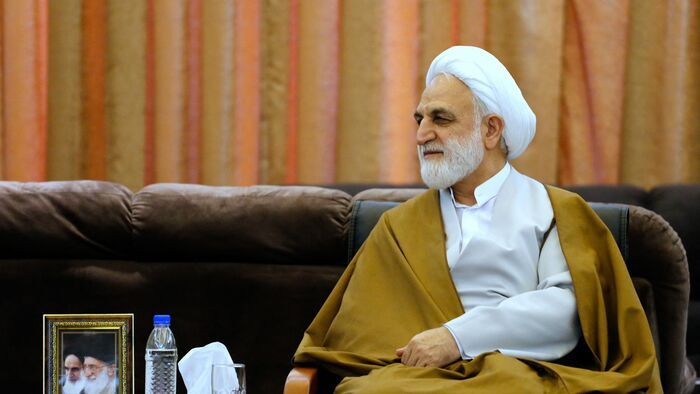


Szóljon hozzá!
Jelenleg csak a hozzászólások egy kis részét látja. Hozzászóláshoz és a további kommentek megtekintéséhez lépjen be, vagy regisztráljon!